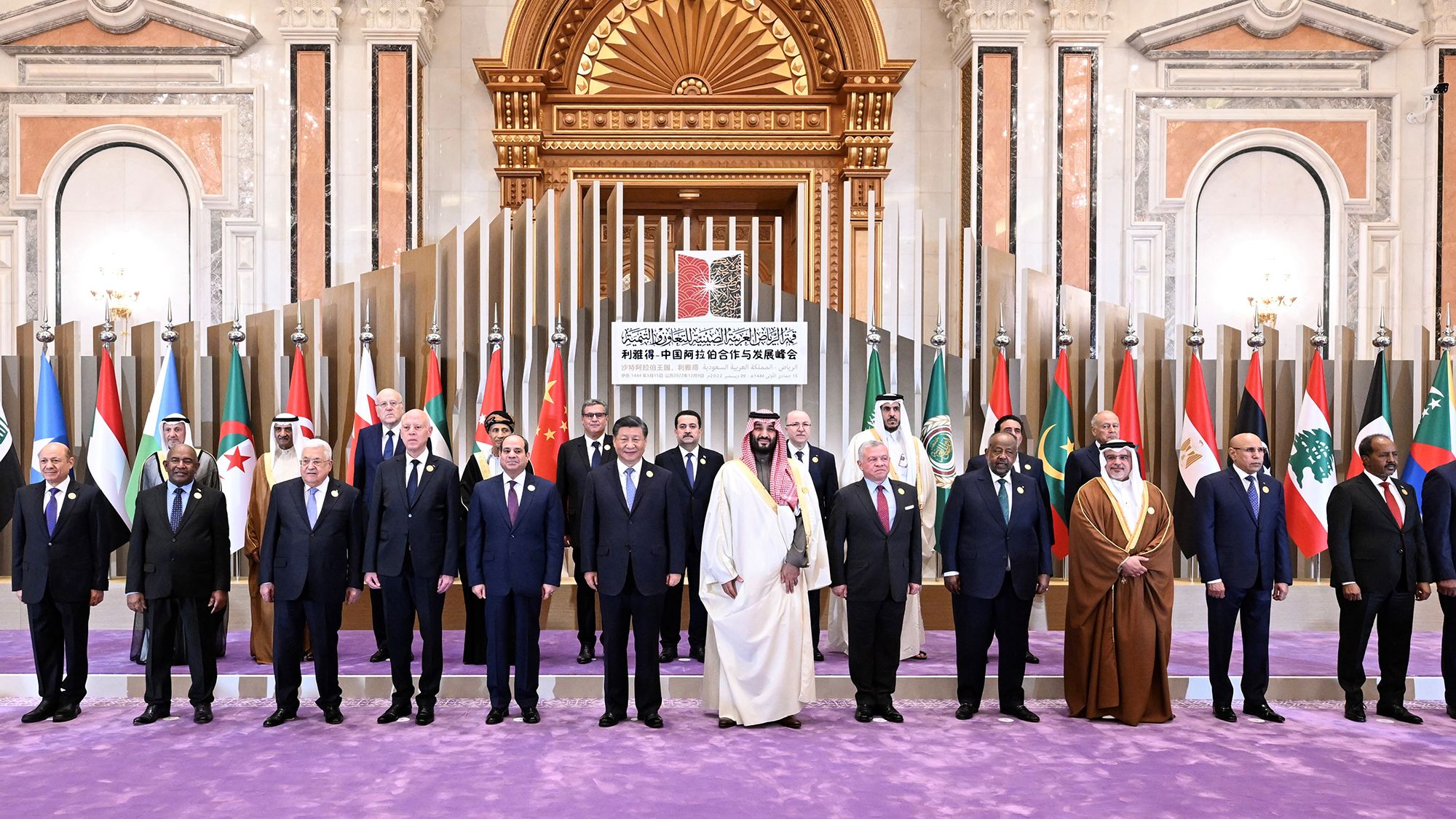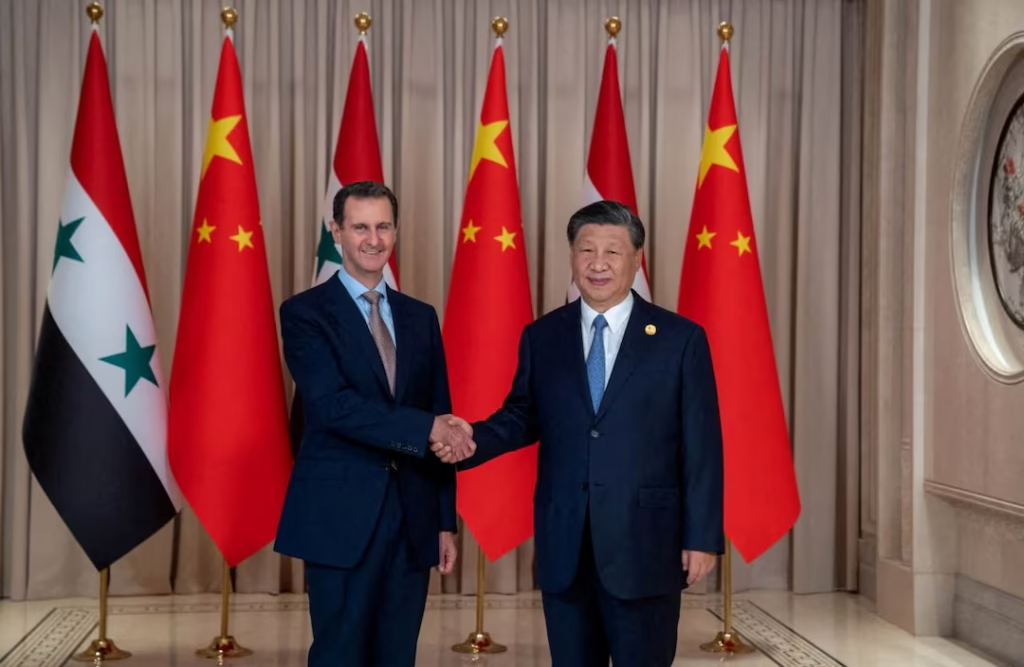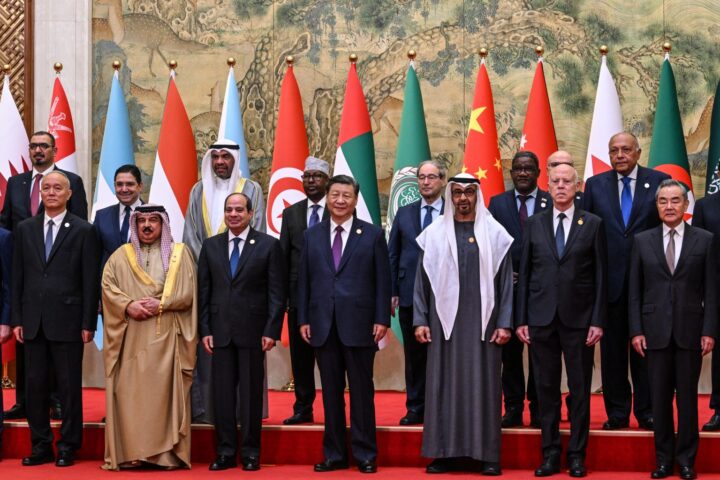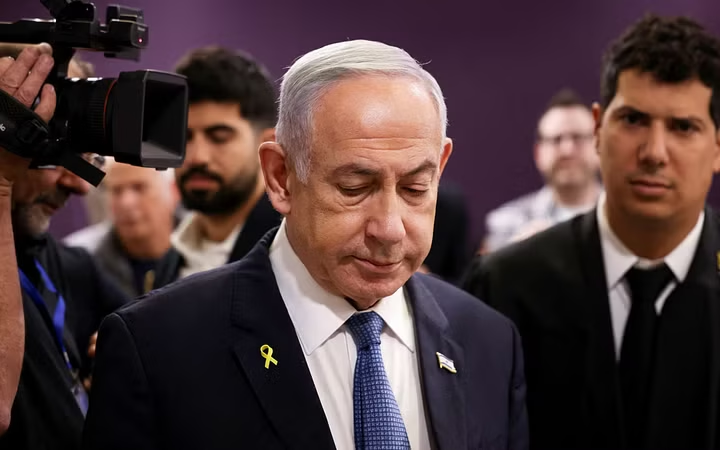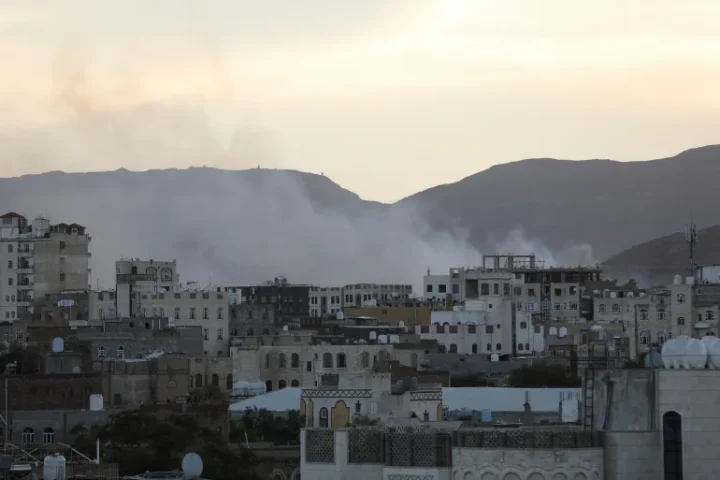Context: A New Diplomatic Front
In a diplomatic first, more than twenty Arab diplomats recently gathered in Beijing to seek Chinese intervention in easing regional tensions. The Middle East, a region perennially beset by conflicts and geopolitical rivalries, has traditionally seen Western powers as mediators. However, the Arab world’s call to China signals a distinct shift in the global political landscape, further underscoring China’s rising international profile.
China’s Ascendancy: A Geopolitical Shift
The appeal to China is a significant recognition of the country’s growing geopolitical clout. For decades, the US and its Western allies have been the primary actors in Middle Eastern affairs. However, their failure to broker enduring peace, coupled with a perceived Western retreat from the region, has led Arab states to explore new diplomatic avenues.
China’s economic prowess provides it with unique leverage in the region. Trade between China and the Arab world has skyrocketed in recent years, reaching $240bn in 2020, according to the China-Arab States Cooperation Forum. This burgeoning economic relationship has provided China with substantial influence, making it an appealing mediator in the eyes of Arab states.
The Dragon’s Delicate Dance: China’s Balancing Act
China indeed has the economic muscle to exert influence, but its diplomatic engagement in the Middle East has to be a delicate balancing act. The region’s complex political landscape, shaped by bitter rivalries and long-standing conflicts, will test China’s diplomatic finesse.
China’s primary challenge lies in its relationships with both Saudi Arabia, a Sunni Muslim powerhouse, and Iran, the leading Shiite Muslim nation. These two nations are locked in a regional cold war, and China’s ability to mediate between the two will be a litmus test for its diplomatic acumen.
Expert Opinions: China’s Potential Role
Experts have varying views on China’s potential role in the Middle East. Professor Nader Habibi of Brandeis University notes that China’s non-interference policy could limit its effectiveness as a mediator. However, others argue that China’s economic leverage might entice conflicting parties into dialogue.
Dr. Jonathan Fulton, a senior non-resident fellow at the Atlantic Council, believes China’s rise as a global power makes it a potentially effective mediator. He argues that “China’s growing global influence and its economic investments in the Arab world make it an attractive partner for peace negotiations.”
China’s Response: An Opportunity or a Quagmire?
Despite the significant challenges, China appears eager to embrace its proposed role. Chinese Foreign Minister Wang Yi has responded positively, stating that China is ready to “play a greater role in Middle East peace and development.” This could signify China’s intent to transition from being an economic player to a diplomatic powerhouse in the region.
However, China must tread carefully. Its potential role as a mediator in the Middle East could either be an opportunity to enhance its global profile or a quagmire that entangles it in the region’s enduring rivalries and conflicts.
The Arab states’ call to China signals a geopolitical shift that could reshape the dynamics of Middle Eastern diplomacy. Whether China can successfully navigate the region’s fraught political landscape and bring about enduring peace remains to be seen.
